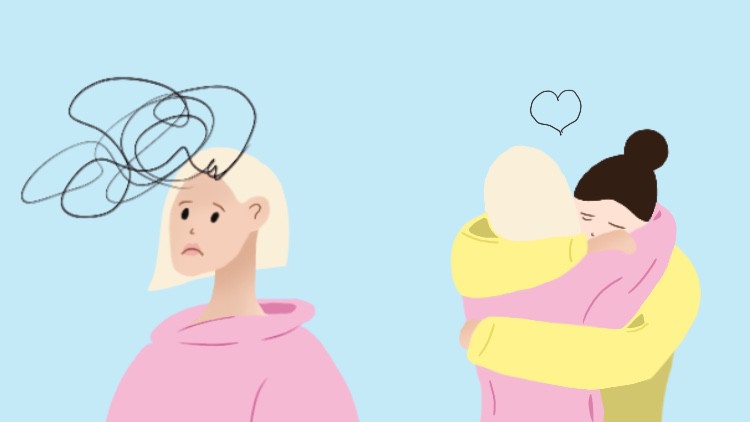
Theory and practice in simple words to save mental health during a stressful event
What you will learn
Understand basic physical and emotional response to emergency situations like war or natural disasters
Learn best strategies to help yourself and others in a crisis
Get more than 30 practical exercises to relieve stress, anxiety, panic and fear
Gain knowledge about consequences of a crisis like PTSD, psychological trauma and how to overcome them
Description
None of us is immune from wars, natural disasters and other emergency situations. In this course you will learn what happens to one’s organism on physical and emotional levels and how to act during crisis and stressful situations.
As you might know, on 24th of February Russia has invaded Ukraine and the war in my country has started. From the first day of the outbreak of the war, I decided to stay in Ukraine and use my knowledge and experience to help all people in need, because war same as any other disaster is the time and event that has the strongest impact on the human psyche and it is crucial to act immediately in order to avoid catastrophic consequences for mental health.
In this course I describe the basic mechanisms of functioning of an organism that is experiencing severe stress, share useful practices to alleviate the current state and maintain psychological balance in the future. The whole theory is presented in a simple and understandable language so that everyone can understand what is happening to them and how they can help themselves and others. The practical part also does not require prior training, education or equipment, the exercises can be performed by absolutely anyone, in a safe place, at any time.
The course includes lectures on:
– basic emotions
– anxiety and panic attacks
– defence mechanisms
– psychological recourses and support
– PTSD
– psychological trauma
– anxiety disorders
– grief
– depression
The course consists of three parts:
In the first part you will find a detailed description of all the feelings, emotions and body reactions that may appear in the first and subsequent days of a stressful event. In addition, I give a therapeutic commentary on what to do with these reactions.
In the second part, I talk about possible traumatic consequences and how to heal them.
The third part is practical, it contains a lot of exercises and self-help techniques.
Who will teach you:
My name’s Martha, I’m from Kyiv Ukraine. I’m congnitive-behaviroal and gestalt psychologist with more than 5 years’ hands-on experience in psychotherapy. I got a degree in cognitive behaviroal psychology from USC social work back in 2018 and a degree in gestalt psychology from Kyiv gestalt institute in 2020. I have been studying crisis psychology in National Aviation University in Kyiv. My main goal as a professional is to create safe and supportive environment for my clients and students to get to know themselves better, get rid of mental issues that are holding them back and live a meaningful life in harmony.
Content